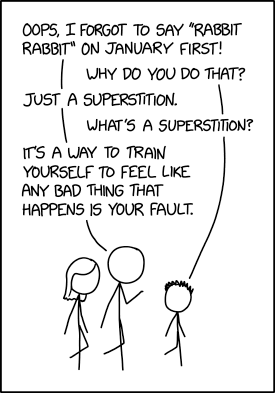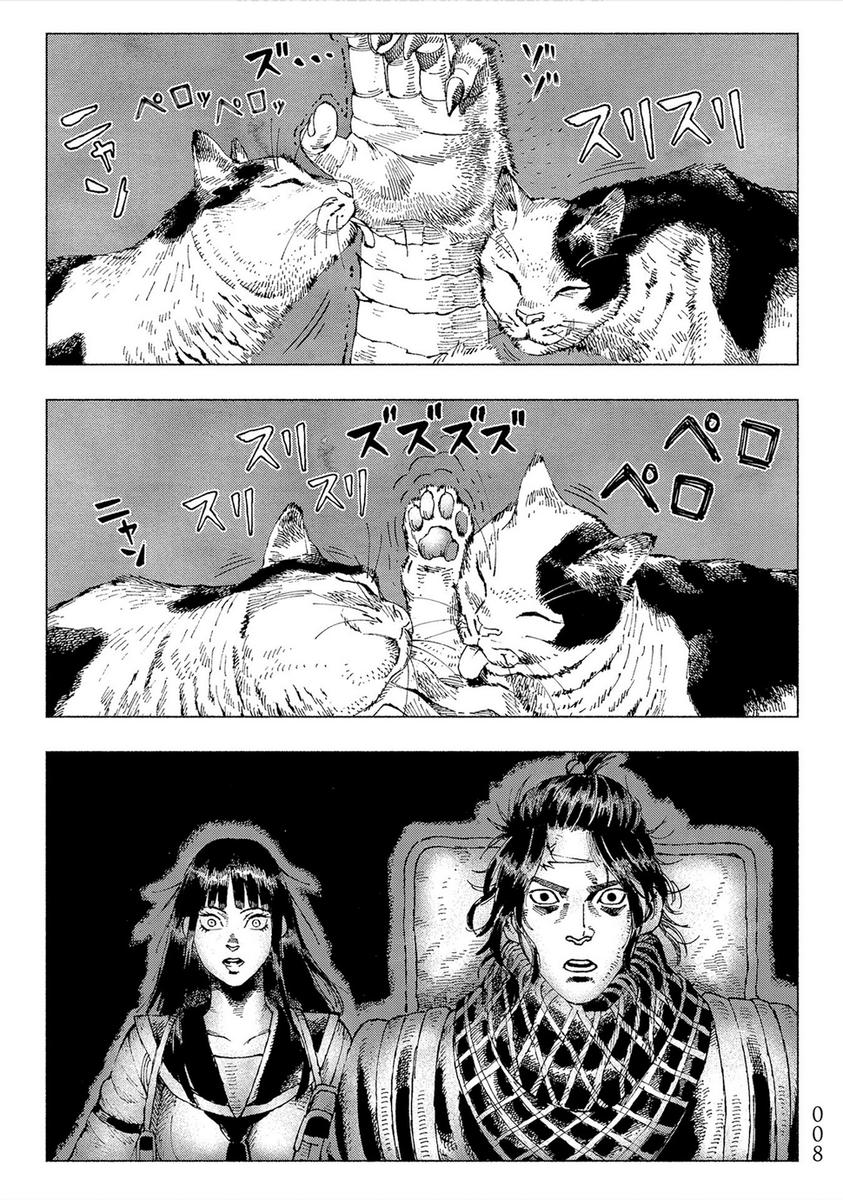I have fallen out of the habit of doing these posts! I stopped for a while when I couldn't talk about Sea Beyond research, then failed to really ingrain the practice again. But no time like the present to start up once more!
What if the Moon Didn’t Exist? Voyages to Earths That Might Have Been, Neil F. Comins. I would not call this book well-written on a prose level, but it's conceptually interesting. Comins goes through a number of different astronomical scenarios and looks at, not just what that would look like now, but how it would (likely) affect things such as the evolution of life. For example, if the moon were closer to Earth, tides would be much stronger, greatly increasing the distance covered by the tidal zone, which would make it harder for sea life to transition onto dry land.
Worth noting, though, that this was originally published in 1993, so it doesn't take into account more recent advancements in astronomy and biology. We'd just barely confirmed our first exoplanet sighting back then, and also Comins very much assumes that "life" must look like it does here. On the other hand, it's sort of charming -- in this age of climate change -- to see his final chapter explore a doomsday scenario where we've completely wrecked the ozone layer, which was a major concern at the time. (In fact the "ozone hole" is healing now, and we should be back to 1980 levels within the next couple of decades.)
Comins has another book along these lines,
What If the Earth Had Two Moons?, which I may pick up. Dry prose notwithstanding, these are very interesting to read with an eye toward designing different kinds of worlds!
And Dangerous to Know, Darcie Wilde. Third in a series of Recency mysteries I started reading last year, which are very fun -- though demerits to the author, or perhaps her publisher, for the fact that
A Useful Woman is NOT the first book of the "A Useful Woman" series, though both that series and this one, the "Rosalind Thorne Mysteries," involve the same characters. It's more than a little confusing.
But anyway! The premise here is that Rosalind Thorne is of a good family that (thanks to her father) fell on hard times a while ago, and so she scrapes by kind of being an assistant-slash-fixer to ladies of quality, handling everything from sending dinner party invitations to hushing up minor scandals. Naturally, the series involves her getting involved with rather more large-scale problems, which bring her into contact with both an attractive Bow Street runner and her former suitor, who unexpectedly inherited his family's dukedom and so couldn't possibly wed a gentlewoman teetering on the edge of being utterly fallen.
This is the third volume in the "Rosalinde Thorne Mysteries" series, and as the title suggests, it tangentially involves Lord Byron -- specifically, some indiscreet correspondence with him which has gone missing. (Byron himself does not appear, which I think is probably for the best.) I suspect you could hop into this series wherever you like, but there's no reason not to start at the beginning.
Copper Script, K.J. Charles. I very much enjoyed
Death in the Spires and
All of Us Murderers, so I went hunting for other books of Charles' that are more mystery than romance, the latter being less my cup of tea. I'm pleased to say that
Copper Script breaks from the similarities shared between those other two titles -- not that the similarities were bad, but it was going to start feeling predictable if all of them followed similar beats. This one is likewise set in the early 20th century and involves a m/m romance that has to maneuver around the prejudices and laws of the time, but the main characters (a police officer and a man who, having lost one hand in WWI, now ekes out a living by analyzing handwriting) are
not former lovers who had a bad falling-out some time ago, etc. The story this time is also sliiiiiiightly fantastical: the handwriting analysis slips over the line into psychic perception. Apart from that, though, it's a satisfying non-speculative mystery, with police corruption and blackmail and murder.
Some by Virtue Fall, Alexandra Rowland. In one of the months I didn't report on, I read Rowland's
A Conspiracy of Truths, which is a very odd book -- the main character spends essentially the entire novel imprisoned or being shuttled between prisons, only able to affect things through the people he talks to. I enjoyed it, though certain things about the ending left a sour taste in my mouth; I'm pleased to see that the sequel may address those things.
But this is not that book! Instead it's a standalone novella (I think in the same world), focused on the cutthroat world of Shakespearean-style theatre in a land where only women, not men, are permitted to act upon the stage. The rivalry between two companies gets wildly out of hand, and mayhem ensues. The main character was slightly difficult for me to empathize with, being very much an "act first think later if ever" kind of person, but I felt it all came together pretty well in the end.
Isabella Nagg and the Pot of Basil, Oliver Darkshire. Straight-up one of my favorite things I've read recently, and also (I am not the first to make this observation) the most Pratchett-esque thing I've read not written by Terry Pratchett.
But that doesn't mean it's just a Discworld knockoff! Darkshire has built a similarly bonkers world -- e.g. the sun beetle does not travel at a steady pace across the sky and sometimes decides to turn around, making the length of a day rather difficult to guess at -- but his leaping-off point is a story from the
Decameron, and the overall vibe is much more medieval English smashed into the Romantics (a Goblin Market plays a large role in the story). You'll know if you want to read this one about three pages in; either you vibe instantly with the voice or you don't. I did, and I'm looking forward to the sequel even though the protagonist of that one is a thoroughly unsympathetic antagonist from this book.
Audition for the Fox, Martin Cahill. Novella about a character who needs to win the patronage of one of ninety-nine gods and has already failed with ninety-six of them, so she tries the trickster fox god. Surprise, he throws her a curveball! She winds up in the past, assigned to make sure a key event happens in the revolution that freed her country from the grip of its invaders.
I loved the folkloric interludes here (stories of the Fox and other gods), and the fact that Cahill doesn't have his heroine single-handedly win a war. Her job is merely to facilitate one specific event, which is one of many dominoes whose fall started decades of fighting. Which doesn't make it not important! I love how that part played out. But it's also not One Person Saves The Day, which is very, very good.
The Wordhord: Daily Life in Old English, Hana Videen. I had managed to overlook the subtitle, so I thought this book was primarily about language; turns out it's halfway between that and the kind of daily life book I read on the regular anyway. Videen digs into different aspects of life and looks at the words used back in Anglo-Saxon days, seeing how they do and do not map to the words we use today, and how vocabulary reveals the ways things got categorized and connected and what this means for how people lived. Being a language and culture nerd, naturally I found this right up my alley!
A Letter to the Luminous Deep, Sylvie Cathrall. My other favorite thing I've read recently! I think it's no accident that both this and
Isabella Nagg and the Pot of Basil are very quirky in their premises and voice-y in their execution.
Here the voice is Victorian-style letter-writing, and the premise is a world (you're soon able to guess it's a colonized planet) where, thanks to a catastrophe in the distant past, everybody has to eke out a living on an ocean where there's basically only one landmass of anything like meaningful size. Society is organized around Scholars in different fields -- a concept that extends to things like art -- and the main body of the story is the correspondence between a Scholar of Boundless Campus (a fleet of migratory vessels) and a woman who lives a shut-in life in the underwater habitat built by her eccentric Scholar mother. Around that you get a second set of letters between the siblings of those two, who are trying to piece together what led up to the explosion that destroyed the habitat and caused the main characters to disappear.
Cathrall does have to indulge in a bit of contrivance to get the whole story into letters, diaries, or other written documents, and to control the pacing of reveals. But I didn't mind, because it all just felt so original and engaging! This is the first book of a duology, and I promptly ordered the sequel, which is sitting on my desk as I type this.
City of Iron and Ivy, Thomas Kent West. Disclosure: this book was sent to me for blurbing purposes.
Alternate-history fantasy, in an England where floral magic is put to uses both trivial and epic, both fair and foul. The era is essentially Victorian, but West acknowledges in the afterword that he's taken a number of liberties with the period. That includes the Reaper, who is obviously meant to be an analogue to Jack the Ripper (the story starts in 1888), but -- and for me, this was crucial -- is different enough that it didn't trip my very strong opinions about how to handle the historical evidence of those murders.
But it is not entirely a story about murders. Elswyth, a scarred young lady, has to come to London to seek a husband after her more beautiful and sociable sister Persephone disappears, because otherwise she'll have no future and her father's entire estate will go to a loathesome cousin. Only Elswyth is convinced her sister's disappearance has to do with the Reaper, and furthermore that the Reaper is probably a gentleman or noble, so her attempt to navigate that world is cover for her investigation.
I read the whole thing in about a day, and very much appreciated the ways in which the ending eschews some of the easy resolution I anticipated. I don't know if there will be a sequel, but some dangling threads are left for one, while the main plot here resolves just fine.
The Tinder Box, M.R. Carey. Disclosure: this book was
also sent to me for blurbing purposes. (I read three such over the holidays, but finished the third after the New Year.)
Labeling this one "historical fantasy" is kind of interesting, because it both is and it isn't. I'd almost call it Ruritanian fantasy, except that term means works set in a secondary world without magic, whereas this is more Ruritanian in the original sense of the word: it takes place in an imaginary European country (circa the late 18th century), and then adds magic to that. If it weren't for a couple of passing references to real places and the fact that Christianity is central to the tale, it could almost be a secondary world.
Anyway, genre labeling isn't the important thing here. The story involves a soldier demobbed from his king's stupid war due to injury, who finds that making a living back home is easier said than done, thanks to the peasantry being squeezed to the breaking point and beyond by said war. He's employed for a time with an unfriendly widow, only for everything to go haywire when a giant devil falls dead out of the sky and the widow, who turns out to be a witch, pays him to loot the body. He pockets one innocuous-seeming item for himself -- a tinder box -- which of course turns out to be exactly what the witch was looking for, and so begins a chase.
I think of this book as being anti-grimdark in kind of the same way I used that term for Rook and Rose: it starts out there, but it doesn't stay there. Mag is living on the edge of starvation and then makes a variety of incredibly stupid decisions in how he uses the tinder box (in fairness, partly due to repeatedly not having time to think things through), while Jannae, the witch, is deeply untrusting of everyone and everything. Meanwhile, the tinder box turns out to contain three trapped devils, and I'm often leery of "deals with the devil" type stories. But I loved the direction Carey took this in, and the ultimate trajectory is toward hope and healing rather than pyrrhic victories. It's a standalone, and absolutely fine that way; you get a complete meal here, without being teased with anything more.
(originally posted at Swan Tower:
https://is.gd/TE2qj6)














